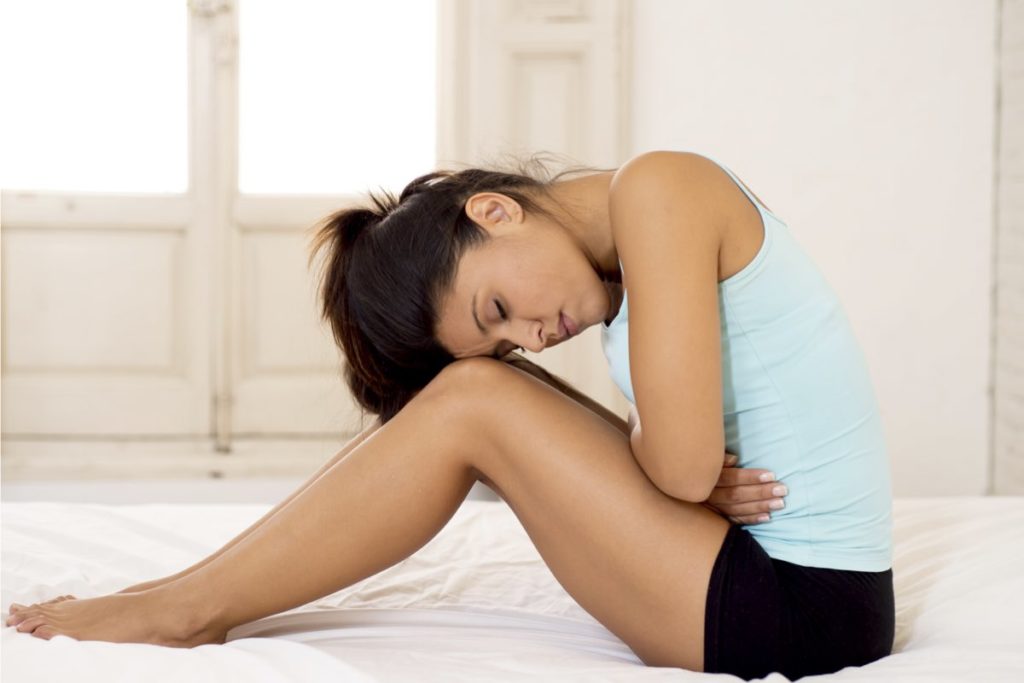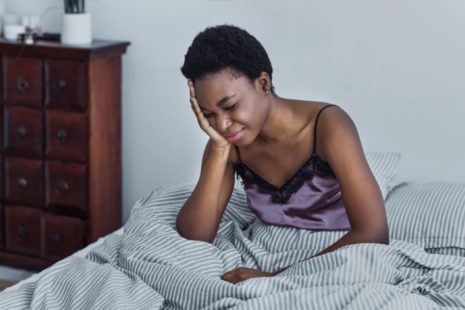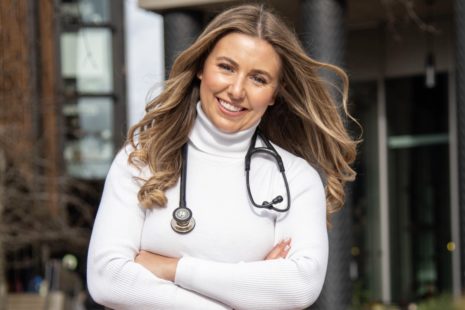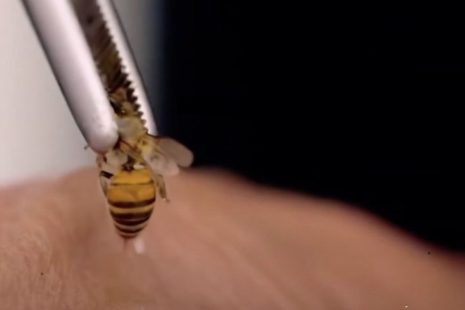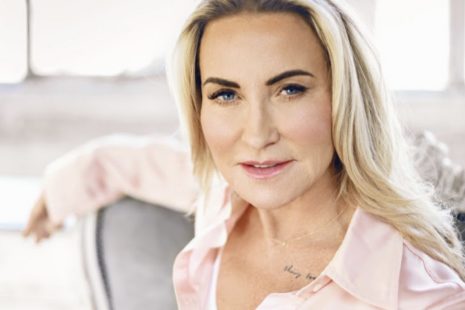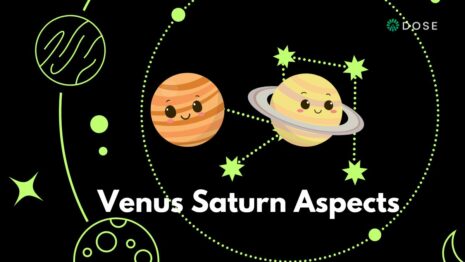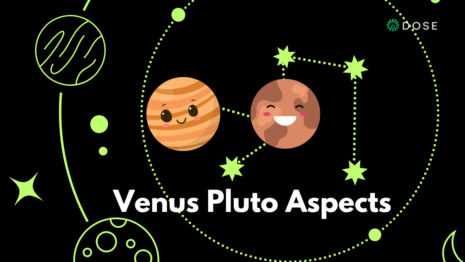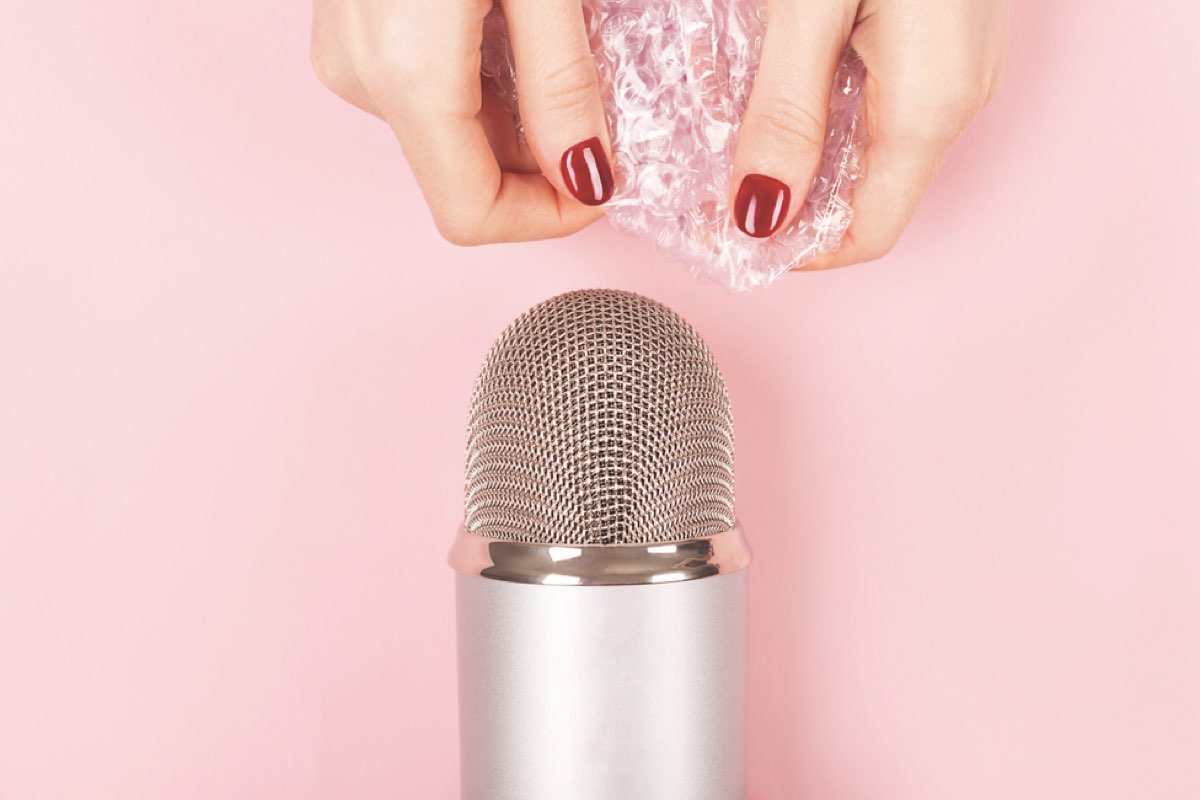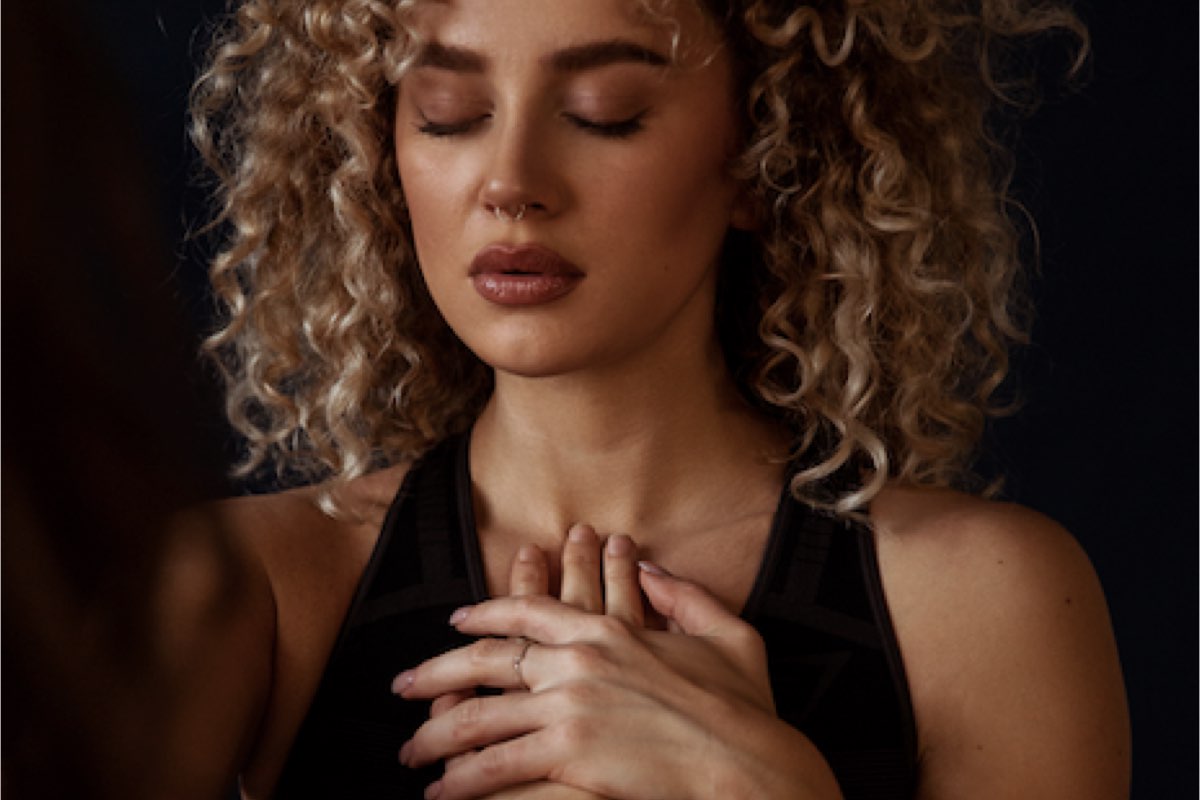PCOS or Polycystic Ovarian Syndrome, affects 1 in 10 women in the UK according to the NHS. Yet many women aren’t diagnosed or taken seriously until much later in life. ‘Silent’ PCOS sufferers include women trying for a baby, why it’s important to work on your preconception health and get hormones tested before starting a family. Many celebrities have opened up about their experiences to boost awareness, such as Gemma Collins and Rebel Wilson. But there is still much to be done when it comes PCOS awareness. In this article, guest writer Amanda Bootes opens up about her experience living with PCOS and how it has helped her to love her body…
What is PCOS?
According to the NHS, symptoms include:
– irregular periods or no periods, which means ovaries don’t regularly release eggs
– difficulty getting pregnant
– excessive hair growth caused by excess testosterone
– weight gain
– oily skin and acne
More than half of the women affected don’t have any symptoms.
My experience living with PCOS
I had just turned eighteen when a doctor told me – ‘you may never have children’. I had just been rushed to A+E and straight into theatre as a cyst, that I didn’t even know I had on my ovary, had burst. “That can’t be right” I remember trying to say, but the words didn’t come out. I didn’t even have a problem with my ovaries before all this.
But that’s exactly the case for many women. Polycystic Ovarian Syndrome (PCOS) affects up to one in every five women across the world, according to the latest report from BBC Worldwide, with some studies reporting that one in every seven women in the UK suffers from this terrible condition and with over half of those women either not knowing they have it or not showing any symptoms at all.
Caused by elevated androgens (male hormones) levels in the female body PCOS manifests itself in an array of symptoms including: irregular periods or no periods at all, difficulty getting pregnant, excessive hair growth or thinning of hair, extreme fatigue, headaches, weight gain and oily skin/acne. I was already on the contraceptive implant by time I was 16 due to my training schedule (I was due to be a chef in the Royal Navy so needed to be able to train as much as possible and not have to work around my menstrual cycle) the weight gain and oily skin I put down to being a teenager and my daily love of chips and fizzy drink and the extreme tiredness I just thought was normal. I was currently going through exams, after-school curriculums and training for a future career. The hair loss and headaches were put down to stress by my GP, but they didn’t pass, even long after my exams were over.
I struggled with severe stomach cramps every few months but because PCOS’s symptoms, like mine, may be masked by other conditions or be easily mis-diagnosed, it wasn’t until the condition got so severe that it was found and I finally got a diagnosis. I remember feeling so out of touch with my own body – how could I have this condition going on inside of me, that I knew nothing about? And even though the exact cause surrounding PCOS is still unknown, apart from being a hormonal problem, I made it my mission to learn as much as I could about my own body and what PCOS was doing to it to try and stop it happening again.
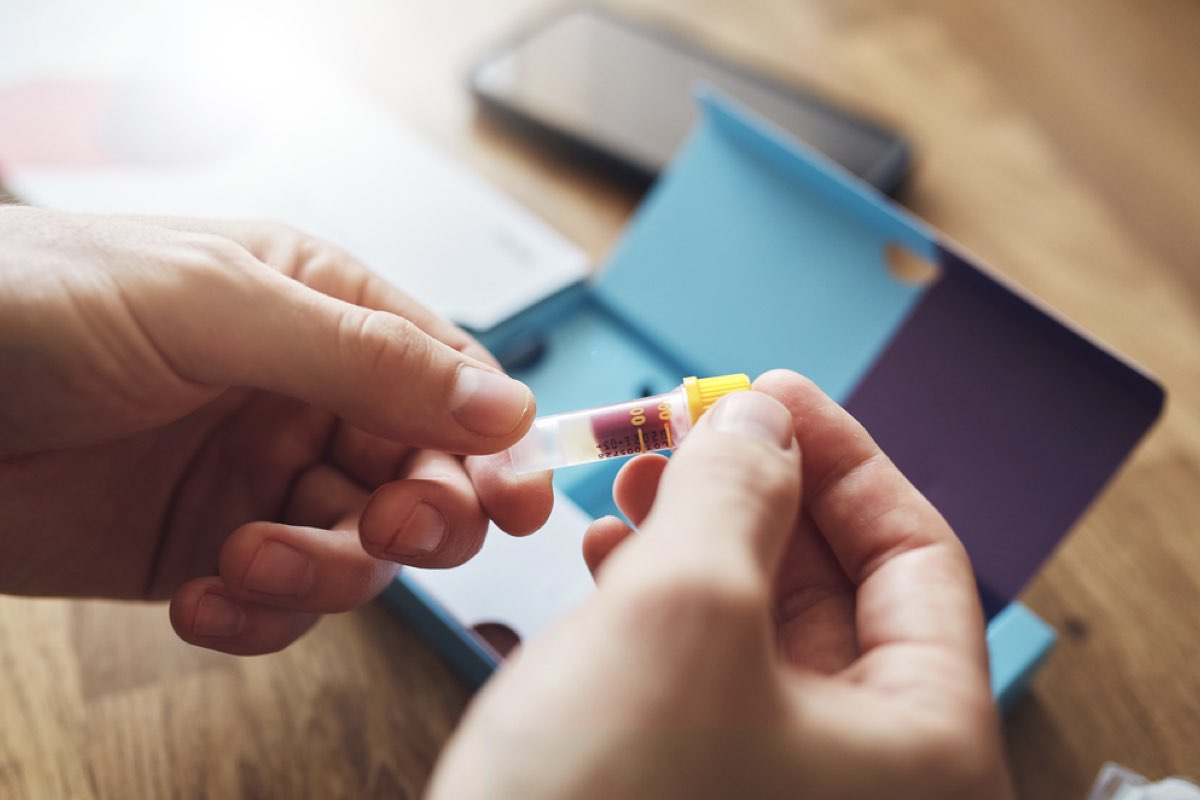
The extreme stomach cramps continued like clock-work every 3 months, making me bed-bound for days on end and causing problems with both my work and personal commitments and despite all my efforts, a few years later, on Christmas Day, another cyst burst. Rushed back into the hospital by ambulance I was unable to go into surgery due to no surgeons being available over the festive period. I can still picture myself sitting in this tiny ward at the end of my bed, pumped full of morphine, a nurse stroking my hair as I sobbed into the sheets waiting for my body to absorb the bacteria and pus that was leaking inside from the twisted and damaged cyst.
I lost jobs, boyfriends and friendships due to my consistent episodes of pain and inability to commit; missing dates, projects and deadlines. Fast forward again, and this time I’m sitting at my desk with this tennis ball sized lump in my pelvis, just knowing another cyst has grown and the dreaded surgery was imminent. A scan that evening confirmed multiple cysts and the waiting game began. Two days later I was back in surgery with another wash-out and removal of the burst cyst and the carnage it left behind both on my physical and mental being.
While there is currently no cure for PCOS the symptoms themselves can be managed and there are small things you can do every day to help improve the condition such as introducing an anti-inflammatory diet, removing excess stress, sugar and fat and allowing yourself to really listen and learn about your body you are able to work out what it can and can’t cope with as well as what makes the condition worse.
Learning to love and accept what was happening to my body took a long time. I fixated on the negatives, the pain and the scars rather than realising how strong a person I was. Not only for going through major surgery and continuing on with my life even through all the loss, but for finding a way to better myself, my lifestyle and diet. But most importantly I learnt how to love my body – scars and all, even through its weight gain, hair growth, oily skin and fatigued episodes. PCOS may be a complete pain in my ovaries, but it has made me a stronger person.
Liked this article on ‘Living With PCOS’? Read ‘What I Learnt From My At Home Women’s Health Thriva Test‘
Get your weekly DOSE fix here: SIGN UP FOR OUR NEWSLETTER
